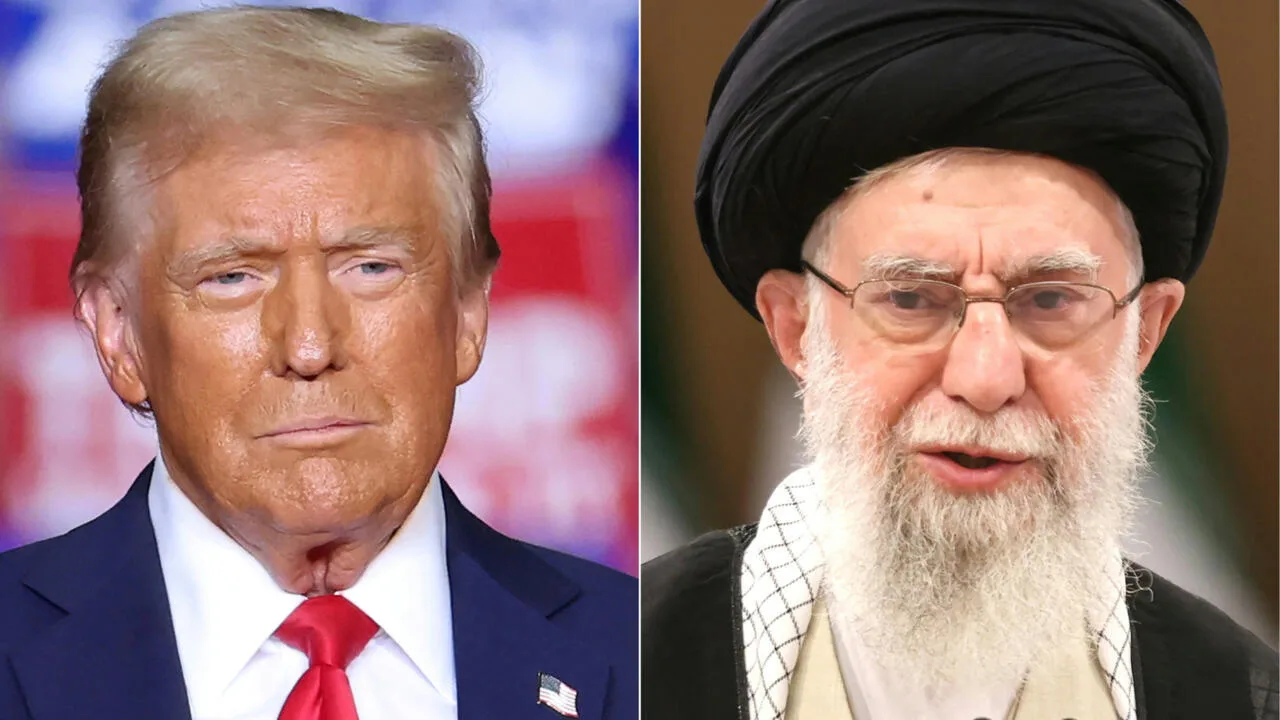
Iranian Foreign Minister Abbas Araqchi has dismissed U.S. accusations that Tehran was involved in a plot to assassinate former President Donald Trump. In a statement on Saturday, Araqchi called the allegations a “fabricated scenario” designed to provoke hostility between the two nations.
“Now… a new scenario is fabricated… as a killer does not exist in reality, scriptwriters are brought in to manufacture a third-rate comedy,” Araqchi posted on X, in response to the U.S. claim that Iran’s Revolutionary Guards were behind a plot targeting Trump.
Araqchi further emphasized Iran’s respect for the recent U.S. election results, saying, “The American people have made their decision. And Iran respects their right to elect the President of their choice. The path forward is also a choice. It begins with respect.”
Denying intentions to pursue nuclear weapons, Araqchi insisted that Iran’s policy is rooted in Islamic principles and security considerations, calling for a mutual approach to confidence-building. “It is not a one-way street,” he said, urging diplomacy from both sides.
Iranian Foreign Ministry spokesperson Esmaeil Baghaei labeled the assassination allegations as a “repulsive” tactic by Israel and Iranian opposition groups abroad, intended to escalate tensions with the United States.
Iranian analysts suggest there is potential for cautious detente between Tehran and Washington under Trump’s administration, albeit without full diplomatic restoration. Saeed Laylaz, a Tehran-based analyst, said this week that Iran would consider dialogue if U.S. security threats are reduced, with the possibility of confidential talks not ruled out.
Nairobi (Reuters) - A recent Kenyan intelligence report, presented to lawmakers this week, reveals that…
WASHINGTON (Dunya News) - Prime Minister Shehbaz Sharif called on all parties involved in Gaza's…
Amanda Seyfried did not know until weeks into production that she was also an executive…
The Khyber-Pakhtunkhwa (K-P) government has raised questions over the alleged purchase of a 19-seat luxury…
Afghanistan showcased their potential with a remarkable T20 World Cup performance, culminating in an emphatic…
A California judge has admonished representatives of Mark Zuckerberg's team for wearing Ray Ban-Meta AI…
This website uses cookies.